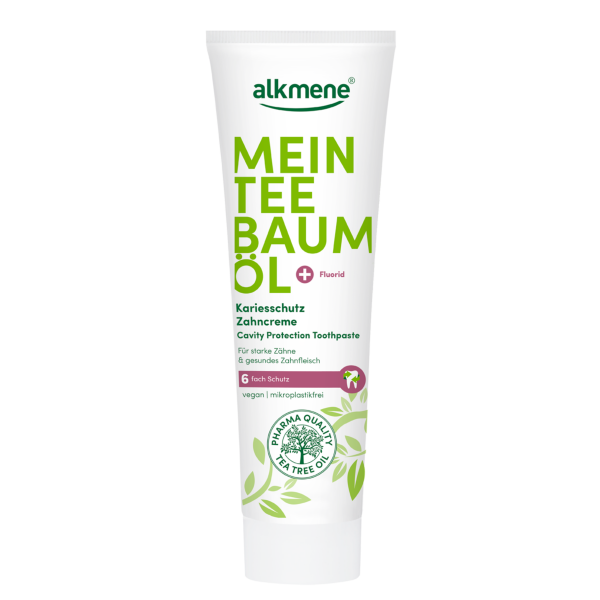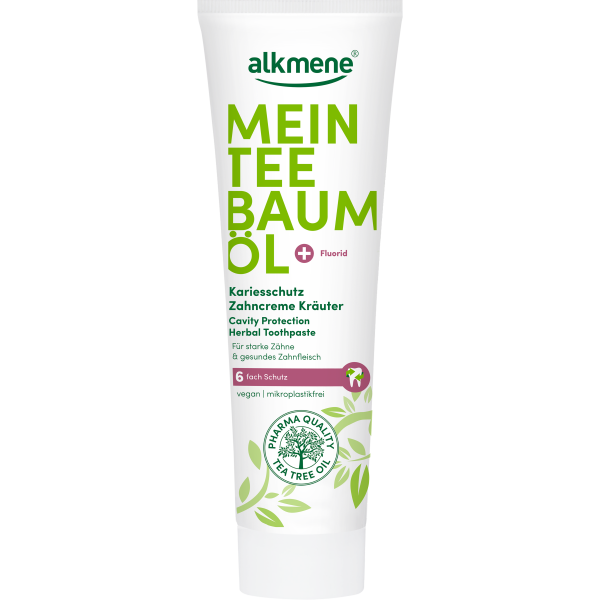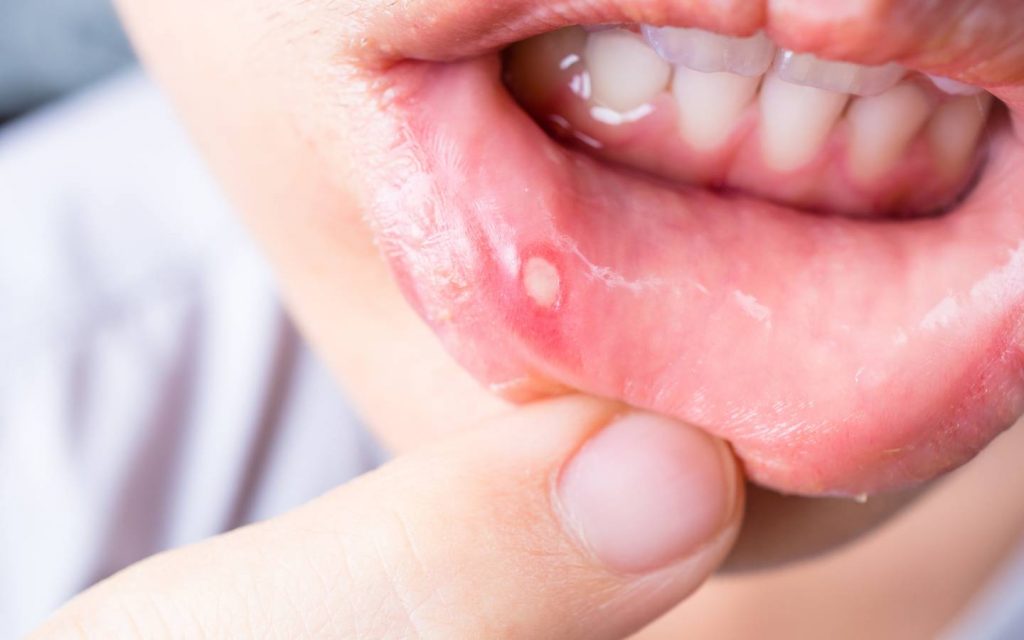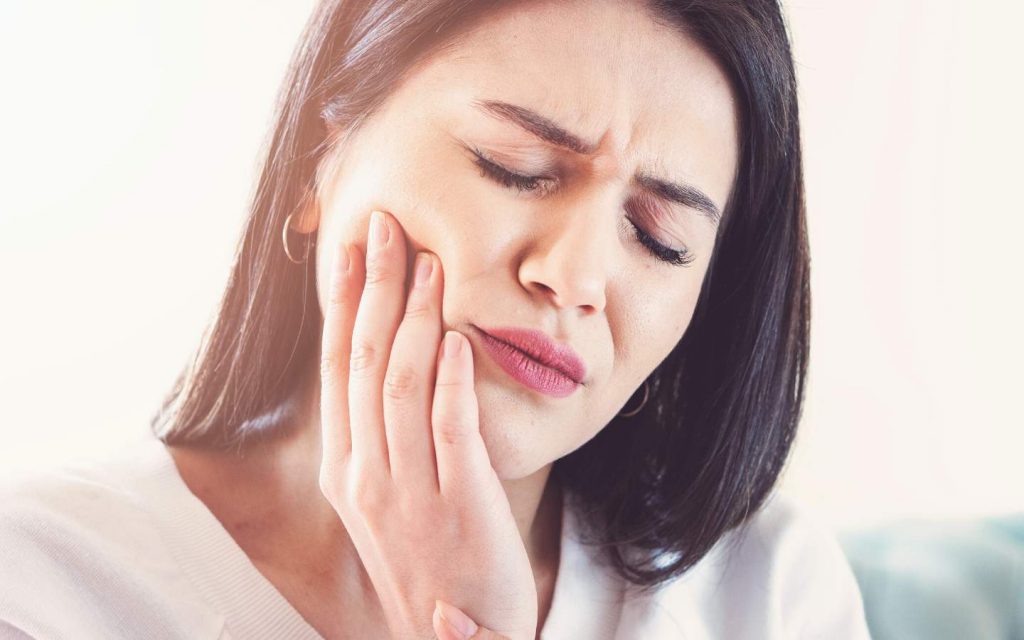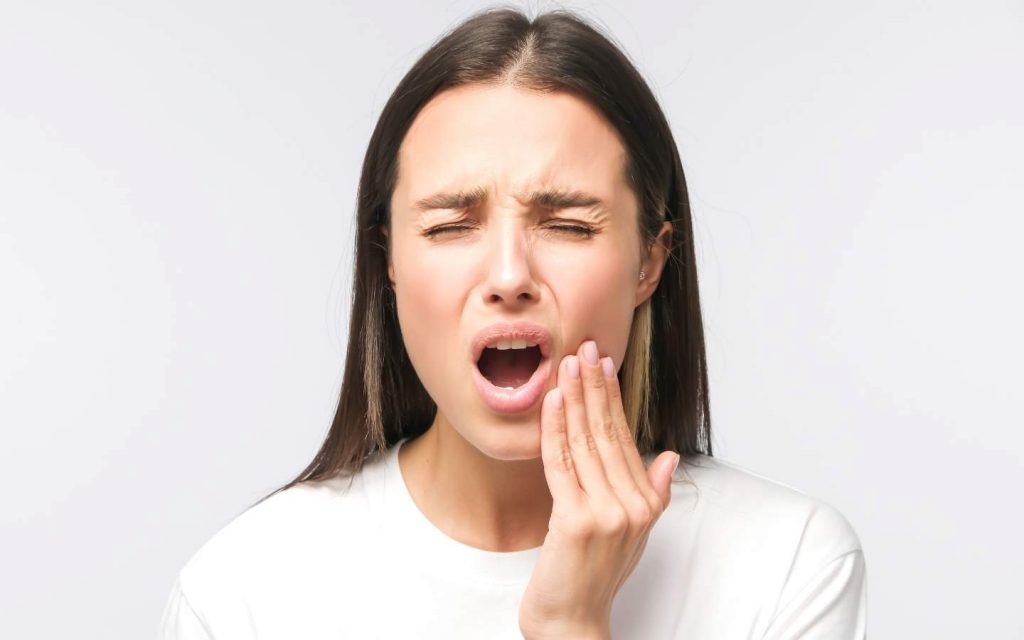


This article has been reviewed by:
Birgit Schlee
Dental hygienist
Who hasn’t experienced it: At a meeting among friends or in the family, one person tells about a problem and a few seconds later, there is a lively exchange of tips, experiences and “I read something” sentences about the topic in question. It is no different when people discuss the topic of proper oral hygiene. For example, Lisa has problems with constant bad breath, Inga speculates that this has to do with poor tooth brushing, and Max recommends scrubbing the teeth more vigorously. But what is actually true about the recommendations circulating around the area of mouth and teeth? This is the question we have addressed, so in the following article we would like to clear up what we consider to be the three biggest myths regarding proper oral hygiene.
Myth 1: Dental problems are hereditary
Genes have a hand in many health issues that affect our lives. With regard to the oral area, however, it is important to differentiate: What do we actually define as dental problems? Does it simply mean tooth decay, or are we talking more about misaligned teeth and their subsequent problems, such as toothache?
Let’s start with the first point:
A throbbing pain when biting down, sensitivity to cold and the subsequent sight of the teeth betrays: Oh no, this can’t be caries again. And this despite the fact that the teeth have been regularly cleaned by flossing and brushing. The assumption that only genes can be to blame for this is therefore obvious. First of all, however, it should be noted that caries is a non-contagious disease of the teeth that is influenced by many different factors. In this context, not only the bacteria on the surface of the teeth play a role, which for example convert sugar into acid, but also an unhealthy diet and insufficient dental care are important. If we eat a diet high in sugar, then we also offer the bacteria more potential to convert sugar into acid. In this interaction, the acid is then in turn able to damage our enamel and produce cavities in our teeth.
But to come back to the question above:
Despite this, there is no such thing as a caries gene! So far, however, research has found evidence that the hardness of our tooth enamel may be influenced by genes. However, the actual influence is still disputed. Moreover, it should be noted: Even if a gene leads to very thin tooth enamel, then this gene is exclusively co-responsible for the development of caries, but does not necessarily have to lead to any.
If we go back to the beginning and consider the predisposition to crooked teeth, the answer looks much simpler: Yes, misaligned teeth are generally due to our genes. Because the shape of the jaw and the development of tooth position are unfortunately determined in our predispositions, crooked teeth are therefore definitely hereditary. However, the resulting consequential problems can usually be treated by a dentist.
Myth 2: Brush teeth immediately after eating and build up a lot of pressure to get everything clean as much as possible
The facts first: Yes, of course it is very important that we brush our teeth regularly and, above all, carefully. However, the way in which this cleaning should take place depends on various factors.
For example, if we have eaten foods such as citrus fruits, which have a high acid content, then we should wait at least 30 minutes before brushing our teeth. The reason for this is that the acid softens the enamel – the actual protective shield of our teeth – and our saliva needs a certain amount of time to neutralize this acid again. So if we brush our teeth before the enamel has recovered, we rub the protective minerals off the teeth with the toothbrush. If this recommendation cannot be followed, for example due to time pressure, it can be helpful to rinse the mouth with clean water before brushing.
In addition to the appropriate time for oral hygiene, how the teeth are brushed is also relevant. Great care is needed here, because if you apply too much pressure with the toothbrush when cleaning, you can injure the gums and damage the enamel. Once either is damaged, the tooth can be more susceptible to various diseases.
Myth 3: Bad breath is caused by bad brushing of teeth
Bad-smelling breath is an unpleasant topic for those affected, but it is by no means only due to poor tooth brushing. On the contrary, bad breath can have many different triggers in both the mouth and throat areas.
The most common causes include, for example, a dry mouth, poor oral hygiene or bacterial tongue and tooth plaque.
But diseases of the mouth or throat, digestive disorders and an empty stomach can also cause unpleasant breath. Finally, external influences that can lead to bad breath can be mentioned: These include, for example, the consumption of nicotine, garlic or alcohol.
The tip of our dental expert Mrs. Birgit Schlee:
In almost 90 percent of cases, odor-causing bacteria are the trigger of bad breath. This is why optimal oral and dental care is all the more important for an all-round good oral flora.
![]()

